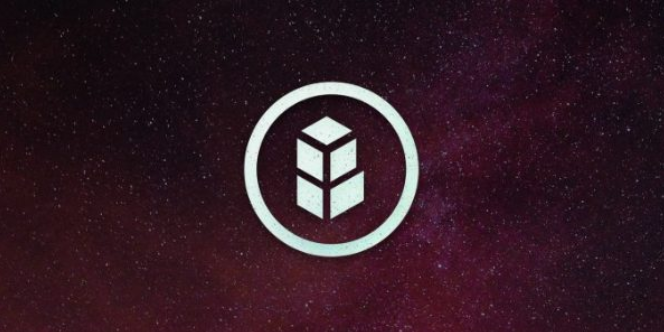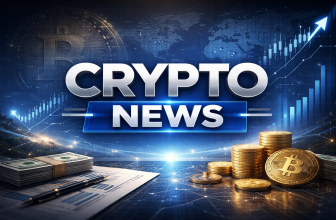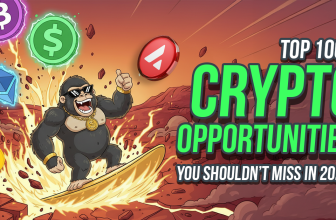
The Bancor team has expanded their protocol that worked on Ethereum and it will soon be available on the EOS network. The effort is dubbed “BancorX,” and will see the protocol allowing the conversion of a number EOS-based tokens. The tokens that will be listed in the initial phase:
- Everipedia (IQ) — blockchain-based encyclopedia
- MEET.ONE (MEET) — EOS Wallet and EOS Sidechain
- HireVibe (HVT) — jobs dApp powered by crowdsourcing
- Lumeos (LUME) — decentralized social platform
- MyCryptoBank (MCB) — crypto-fiat online bank
- Chaince (CET) — blockchain asset trading platform
- COART (COAT) — specialized EOS platform for the art market
- Prospectors Gold (PGL) — multiplayer online economic strategy game
- HorusPay (HORUS) — decentralized global payroll portal
- DEOS (DEOS) — decentralized EOS-based games
- KARMA (KARMA) — decentralized social network that incentivizes users to do good
These tokens are scattered around on different small exchanges which makes the user experience a real pain as users need to make 15 different accounts/logins to trade them. The advantages of BancorX are numerous, some worth highlighting:
- They’ve tested and mastered their Bancor Liquidity Network concept on the Ethereum blockchain.
- Timing. Integration with BancorX is available almost since the start of the mainnet ( I’m talking from a bigger perspective, we’ve not even finished with the block producer elections). Listing on Bancor is free, and would be an option since day one thus creating a huge pool of token pairs.
- Network capacity that comes with 2.0 Blockchains. Flashing TXs speed and cost. Sidechains. Scaling.
- Crosschain liquidity – is in the works and they’re releasing it this fall. LiquidEOS is the name of the Bancor’s block producer.
BancorX requires no fees for listing tokens which is a huge plus for tokens who can’t afford the $10–15m listing fees charged by the big exchanges, where liquidity isn’t even guaranteed!
This is a positive development for EOS blockchain as they have been hit hard with a research paper that denies them the title of blockchain. Released on November 1, 2018, the report titled “EOS: An Architectural, Performance and Economic Analysis” says that EOS is not a blockchain at all, but rather a “distributed homogeneous database.”
Needless to say this triggered an avalanche of heated debates among proponents and opponents of Dan Larimer’s brainchild.





